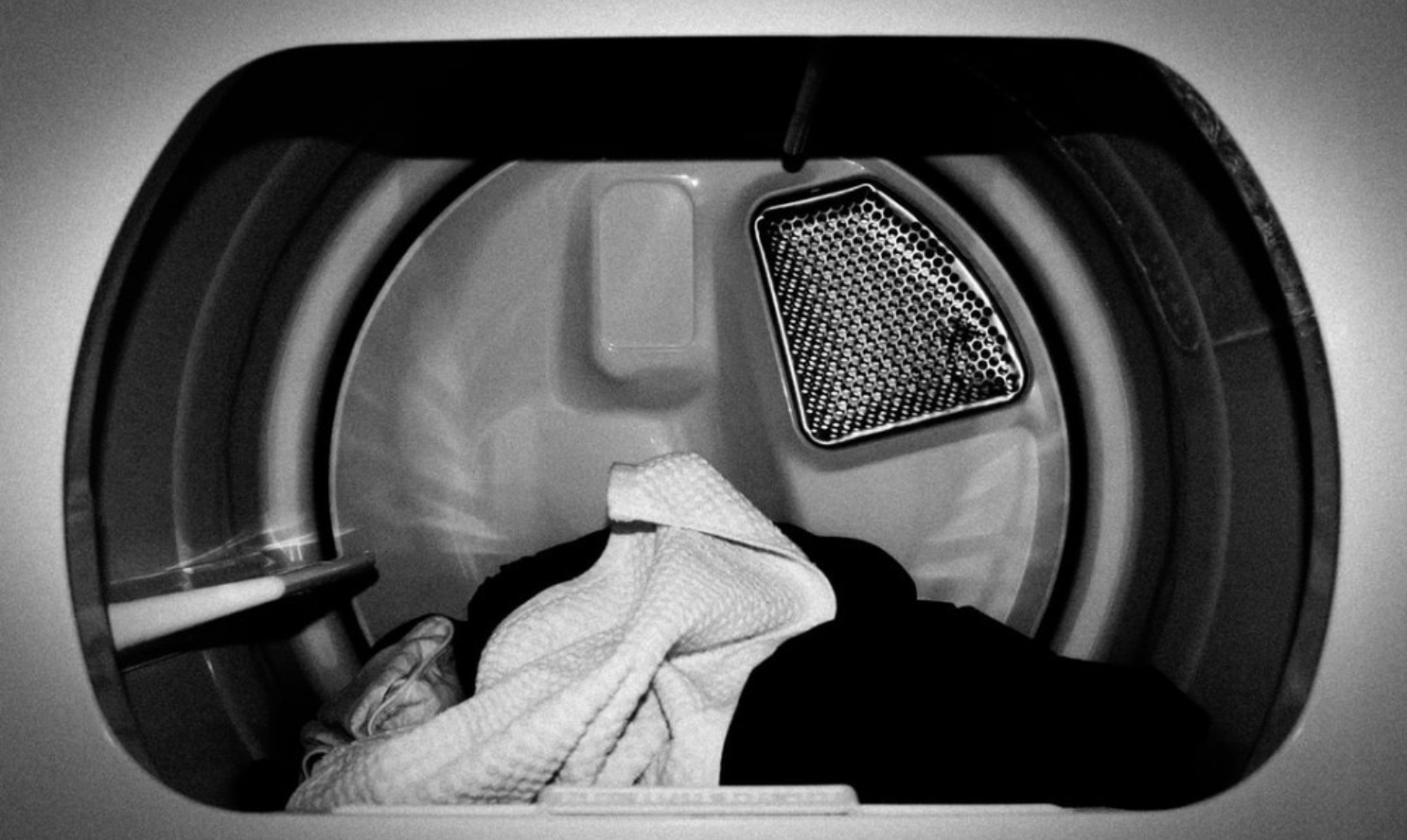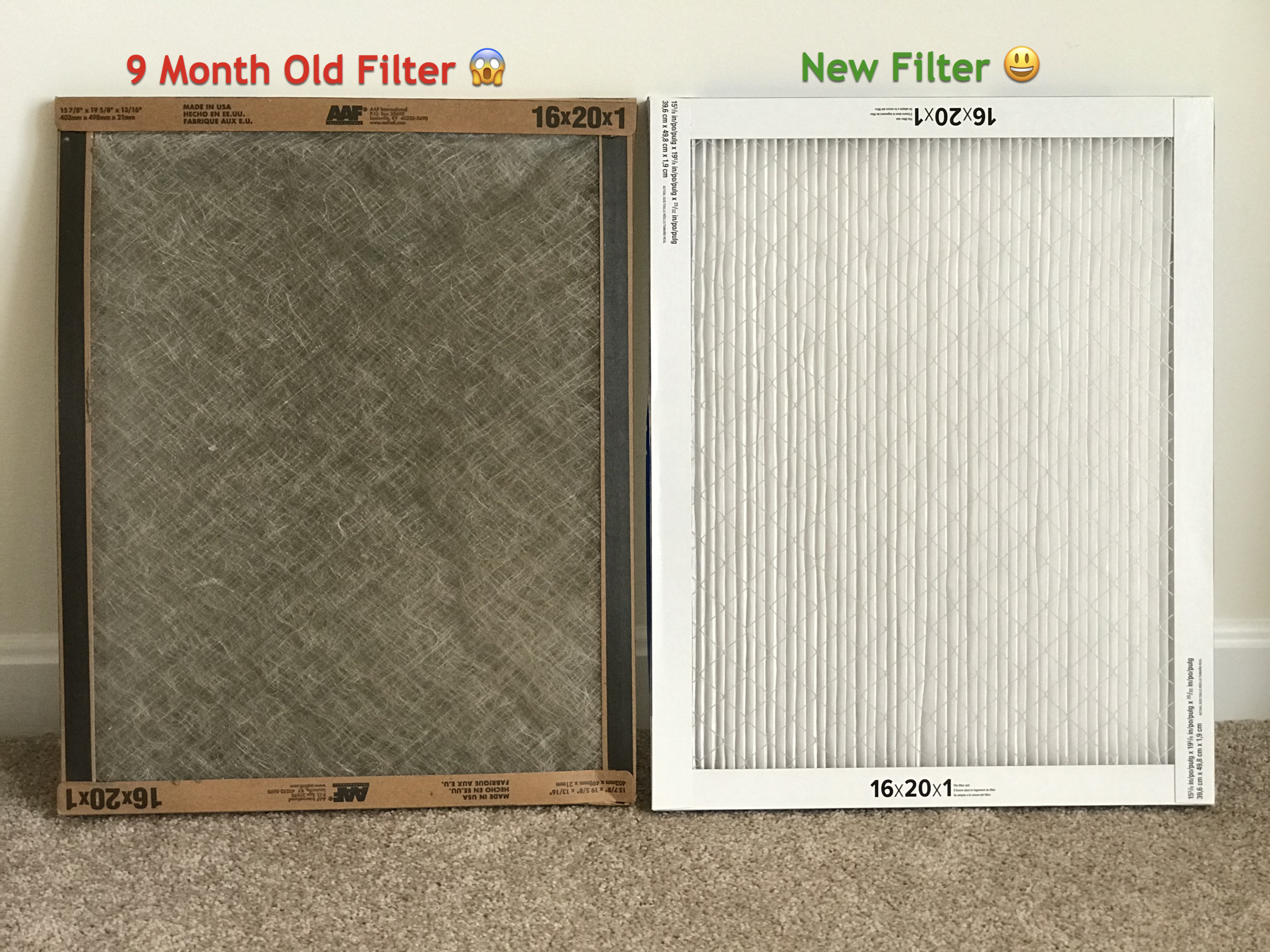Replacing major appliances is a big decision. They are expensive, sometimes hard to install, and require time and effort. You have to decide at one point or another, and if you plan it in advance, there will be no surprises. Even though we just bought a new house with brand new appliances, I want to know when I should replace them.
Different appliances have different lifespans, but you can expect a range anywhere between 10 – 15 years. Washing and dryer machines should be replaced after about 10-13 years, while a fridge and a range can last up to 14 years. And a dishwasher can last around 9-10 years.
Of course, some appliances can last longer, but changing them in time will reduce the possibility of malfunctions and expensive repairs, which will inevitably lead to eventually replacing them.
Why Do I Have to Replace My Appliances Within a Specific Timeframe?

It may seem crazy to replace a perfectly good appliance just because it is of a certain age. But there are reasons for that.
All the appliances are built in a way to be operational for a certain time frame. There is an average lifespan for every device, and mostly they will function well during this time.
Even if you regularly maintain them, parts get old, and not everything can be replaced. When parts reach the end of their lifespan, malfunctions will start happening.
Yes, you can fix some of them, but the cost may easily be greater than the new appliance cost if you keep fixing it. New appliances use less energy because the technologies develop fast.
According to the Energy Education Council, “a key reason electric bills are so high is that old, inefficient appliances eat up more energy than they are worth.”
Unexpected and sudden malfunctions are going to also decrease the performance quality of your appliance. Often time, something else will malfunction while you are waiting for the maintenance crew to arrive. Besides, the old ones are not covered with their warranty after a certain number of years.
Old appliances can also damage the rest of your house or hurt your family. Leaks from washing machines is one example that can damage your floors. Another example is a poorly functioning fridge that can even be dangerous for your health.
If you don’t know how old an appliance is, there is a way to find out.
The 50% Repair vs Replacement Rule
Some businesses and government agencies use the 50 percent rule to decide whether to repair or replace certain machinery or facilities.
For example, FEMA will “replace a facility if the estimated cost to repair it exceeds 50% of the estimated cost to replace it.”
There are different versions of the rule, but in simple terms, the idea is that if repairing something exceeds 50 percent of the total cost of replacing it, you should replace it.
The rule doesn’t apply to everything you purchase necessarily, but I think it is a good rule of thumb for major appliances. Of course, if you are an appliance repair technician and you can handle this type of DIY project, this rule may not apply to you.
But if you are like me and most other homeowners I think it is good to keep this rule in mind before you make the final decision on repair or replace.
When Do I Have to Replace My Appliances?
Let’s go over specific appliance lifespans and the reason for the timeline.
Washing Machine
Washing machines should be replaced after about 10 years.
Why?
After 10 years, you may expect leaks, loud noise while washing, irregular water intake, and strong vibration. As a result, your clothes won’t be washed properly, the detergent may stay on the fabric, and the clothes could get damaged.
Washing machines are not very expensive and can cost less than $500. Of course, better models may cost up to $1000.
Some homeowners want to wait until the washing machine dies to replace it, but that is not a good idea. On average, it doesn’t pay off to keep repairing it.
Dryer
Dryers have a bit longer lifespan, and they can be used for about 13 years. That is a little problem because many homeowners have matching washing machines and dryers. If you can afford it, you can replace them together.
For those who want to save money, this is actually a good thing, because you will have 3 years it may help you with your budget. This is assuming you are maintaining it and cleaning the dryer vent.
Old dryers make a lot of noise and are unable to dry the clothes. As a result, they will consume more power, become a fire hazard, and increase your electricity bill.
Fridge
Refrigerators can last for about 14 years. After that, they may overheat in the back and be unable to maintain a low temperature. Your food can spoil and even affect your health. One of the first signs of problems is condensation.
If you notice any problem before, you can always replace it sooner. And buying a new one will probably lower the energy consumption too. New models are available in all price ranges, so you will easily find one that suits your needs.
Range
Cooking ranges can last about 14 years. After that, cracks can occur, the thermostat may work irregularly, and control panels can become faulty.
In the short run, ranges are easy to repair. You can replace just one faulty burner instead of replacing the whole thing. But once you are close to reaching the 14-year mark, repairs will likely happen more frequently, and the range will not work efficiently. You will know then that it’s time to purchase a new one.
Dishwasher
Dishwashers make our everyday life easy, especially for large families that cook every day. Just like the other appliances, they don’t last forever. You should expect your new dishwasher to last about 10 years.
Same as with washing machines, the biggest risk is leaking. Cracks, dents, bad smell, and dirty dishes after washing are the most common signs of a problem. Even rust can occur in certain places. Once you are nearing 10 years, it will be time to go shopping for a new one.
How Can I Increase the Lifespan of My Major Appliances?
I have listed the expected lifespan of major appliances, which often represent a best-case scenario, assuming you have followed the manufacturer’s recommended care.
The easiest way to keep your major appliances as long as possible is to follow the appliance owner’s manual. I know it is hard to keep track of hard-copy owners’ manuals, but you can typically access the soft copy of your manuals if you register your appliances as I did for my GE appliances.
I was just reading my dishwasher manual and noted that I need to clean the filters periodically. For my dishwasher, it is recommended to be done every other month or more depending on usage.
The manual says that a good indication that the filter needs to be clean is if you notice a decrease in wash performance or dishes feel gritty. Well, I haven’t noticed any of this, but we haven’t cleaned the filter since we moved in August 2020. So, it is time to clean it!
Related Posts:




